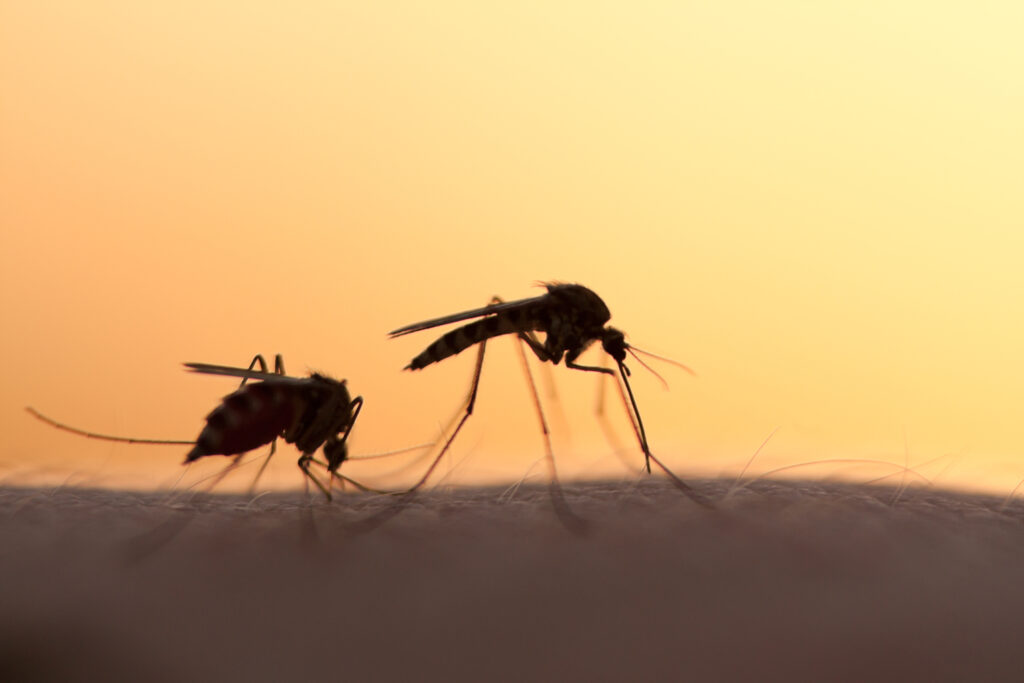Africa continues to carry a disproportionately high share of the global malaria burden. According to the World Malaria Report, 2023, Africa was home to approximately 94% of all malaria cases globally, and 95% of deaths. Nigeria, Democratic Republic of Congo, Uganda and Mozambique accounted for over 50% of all malaria deaths worldwide.
The 2024 Commonwealth Malaria Report reveals that despite developments such as malaria vaccines, next-generation mosquito nets, and advanced antimalarial medications aimed at combating resistance, the fight against malaria is still a challenge as the mortality rate and case incidences exceed levels observed before the COVID-19 pandemic.
One of the African countries that is however on track to meet its 2030 targets for malaria case incidences and mortality rate is Rwanda. The malaria infection rate in Rwanda is reported to have dropped from 409 cases per 1000 people in 2016 to just 76 cases per 1000 people in 2022. Malaria deaths are also reported to have fallen by more than 89% over the same period.
The Commonwealth Malaria Report cites various factors that are contributing to Rwanda’s success in the fight against malaria. One such factor is increasing awareness of the role of the community and promoting community engagement in malaria prevention and control interventions. The WHO defines community engagement as the process of developing relationships that enable stakeholders to work together to address health-related issues and promote well-being to achieve positive health impact and outcomes. It allows the local population to have a say in decisions that affect their lives and promotes changes in behavior, environments and practices within the community. Rwanda has shown that actively involving communities in health matters leads to positive outcomes.
Increased funding for health is another factor contributing to Rwanda’s success in the fight against malaria. In 2001, African Union member states met in Abuja, Nigeria, and committed to allocating 15% of their government budgets to health. This commitment is commonly referred to as the Abuja Declaration. In line with the Abuja Declaration the Government of Rwanda’s allocation to the health sector stood at 16.5% in 2021-2022. Health spending in countries such as Nigeria and Uganda stood at approximately 5% and 7% respectively during the same period and have consistently been below the Abuja Declaration target.
Finally, a strong supply chain management system for commodities has also ensured timely availability of anti-malarial medicines in Rwanda. While the Covid-19 pandemic disrupted the global supply chain and the effects of this disruption continue to be felt, there are also internal factors that could impact the supply chain. African countries should therefore strengthen their supply chain management systems including procurement practices, transportation systems, storage facilities and local manufacturing, for better health outcomes.


